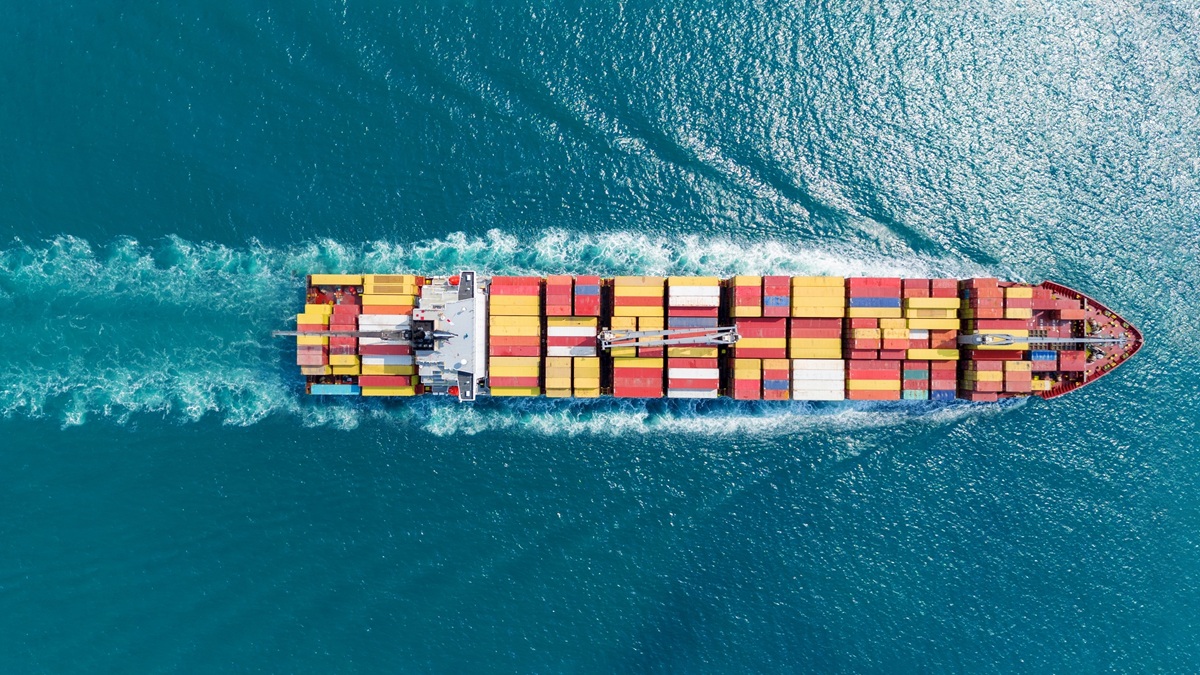Restoring stability and predictability is essential – for businesses to invest, for countries to grow and for trade to fulfil its role as a driver of development.

© Shutterstock/GreenOak
International trade, valued at more than $30 trillion in 2024, anchors economic growth and prosperity by facilitating the movements of goods, services and capital worldwide. When trade is under pressure, much is at stake.
In 2025, tariffs applied by major economies, including the United States, have leaped from an average of 2.8% to more than 20%. Geopolitical tensions and policy unpredictability loom over global markets.
Uncertainty is the new tariff, discouraging investment, slowing growth and making trade as a path to development much harder. The consequences of inaction are clear. The time to shape the future is now.
Setting the stage for global dialogue and policy solutions, the 16th United Conference on Trade and Development (UNCTAD16) will convene 195 member states to reimagine an international trade system with development at its core.
Topical focus at UNCTAD16
UNCTAD16 will outline strategies and pathways to foster resilience in a world where developing economies and smaller firms pay the price of policy fluctuations, but have limited finance or logistics to cushion the shock.
World leaders will debate the future of the multilateral trading system, exploring how trade policy can adapt to evolving global dynamics and promote development beyond export growth.
Looking ahead, opportunities still abound with the strong performance of services trade and the rising demand for critical energy transition minerals.
By moving beyond commodity dependence and creating value in services and new industries, trade can open opportunities for millions while making economies more diversified and resilient to shocks.
More broadly, what UNCTAD is doing to help
UNCTAD provides evidence-based analysis of international trade and trade policy, including global trends, trade agreements, tariffs and non-tariff measures.
It co-leads the UN Secretary-General's Panel on Critical Energy Transition Minerals, spearheading efforts on benefit-sharing, local value addition, supporting justice and sustainability throughout critical mineral value chains.
UNCTAD-backed initiatives – such as BioTrade and the Sustainable Manufacturing and Environmental Pollution programme – are demonstrating that trade and environmental stewardship can be mutually reinforcing, generating jobs, improving livelihoods, fostering climate-resilient growth and protecting natural ecosystems.
Key reports
For more data and analysis on the digital economy, sustainability and inclusive development, see the Global Trade Update series.
UNCTAD16 programme and registration
The full programme is available. All participants, including members of the press, are required to register online for the Conference.


